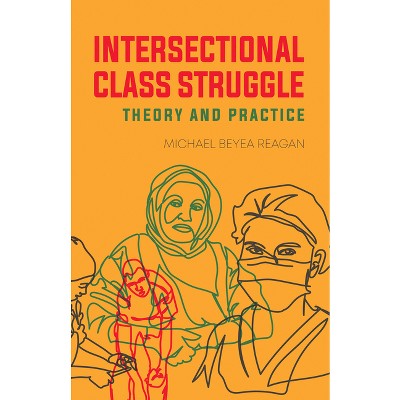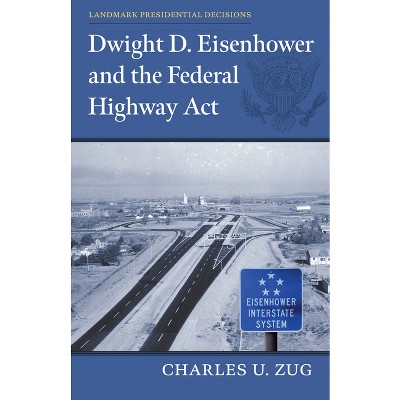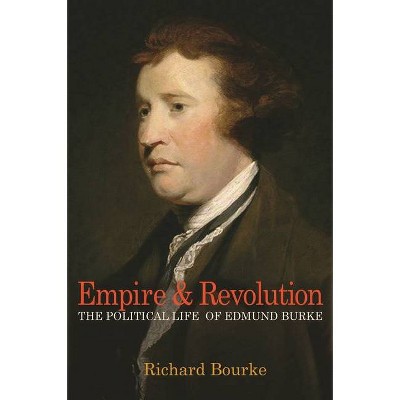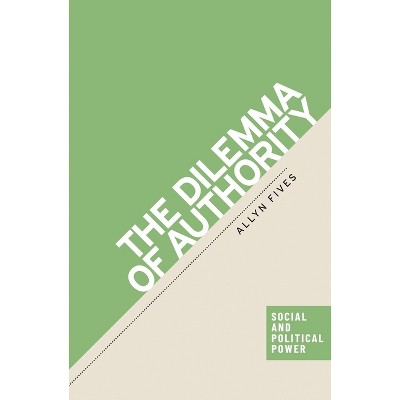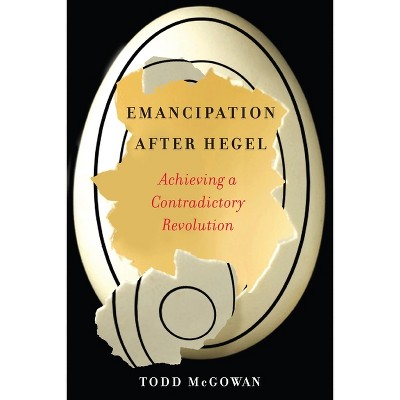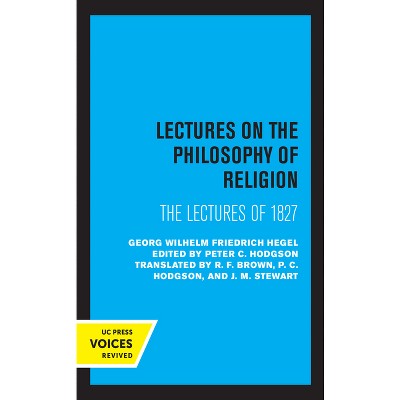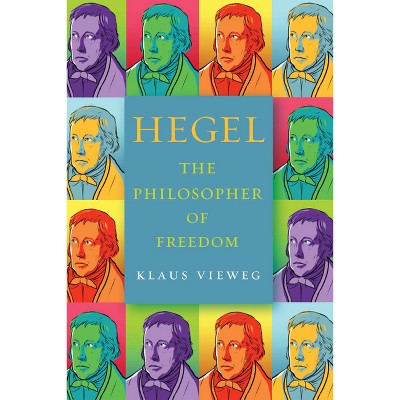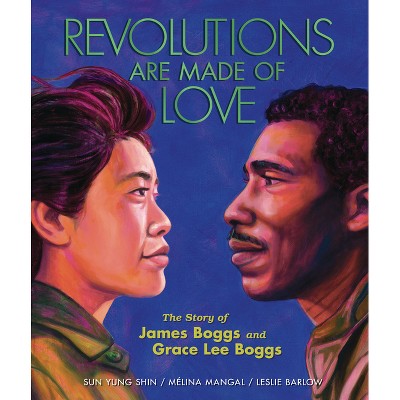Sponsored

Hegel's World Revolutions - by Richard Bourke
$29.95
In Stock
Eligible for registries and wish lists
Sponsored
About this item
Highlights
- A new account of the relevance of Hegel's ideas for today's world, countering the postwar anti-Hegel "insurgency" G.W.F. Hegel was widely seen as the greatest philosopher of his age.
- About the Author: Richard Bourke is professor of the history of political thought and a fellow of King's College at the University of Cambridge.
- 344 Pages
- Political Science, History & Theory
Description
About the Book
"A new account of the relevance of Hegel's ideas for today's world, countering the postwar anti-Hegel "insurgency"G.W.F. Hegel was widely seen as the greatest philosopher of his age. Ever since, his work has shaped debates about issues as varied as religion, aesthetics and metaphysics. His most lasting contribution was his vision of history and politics. In Hegel's World Revolutions, Richard Bourke returns to Hegel's original arguments, clarifying their true import and illuminating their relevance to contemporary society. Bourke shows that central to Hegel's thought was his anatomy of the modern world. On the one hand he claimed that modernity was a deliverance from subjection, but on the other he saw it as having unleashed the spirit of critical reflection. Bourke explores this predicament in terms of a series of world revolutions that Hegel believed had ushered in the rise of civil society and the emergence of the constitutional state.Bourke interprets Hegel's thought, with particular reference to his philosophy of history, placing it in the context of his own time. He then recounts the reception of Hegel's political ideas, largely over the course of the twentieth century. Countering the postwar revolt against Hegel, Bourke argues that his disparagement by major philosophers has impoverished our approach to history and politics alike. Challenging the condescension of leading thinkers-from Heidegger and Popper to Lâevi-Strauss and Foucault-the book revises prevailing views of the relationship between historical ideas and present circumstances"--Book Synopsis
A new account of the relevance of Hegel's ideas for today's world, countering the postwar anti-Hegel "insurgency"
G.W.F. Hegel was widely seen as the greatest philosopher of his age. Ever since, his work has shaped debates about issues as varied as religion, aesthetics and metaphysics. His most lasting contribution was his vision of history and politics. In Hegel's World Revolutions, Richard Bourke returns to Hegel's original arguments, clarifying their true import and illuminating their relevance to contemporary society. Bourke shows that central to Hegel's thought was his anatomy of the modern world. On the one hand he claimed that modernity was a deliverance from subjection, but on the other he saw it as having unleashed the spirit of critical reflection. Bourke explores this predicament in terms of a series of world revolutions that Hegel believed had ushered in the rise of civil society and the emergence of the constitutional state. Bourke interprets Hegel's thought, with particular reference to his philosophy of history, placing it in the context of his own time. He then recounts the reception of Hegel's political ideas, largely over the course of the twentieth century. Countering the postwar revolt against Hegel, Bourke argues that his disparagement by major philosophers has impoverished our approach to history and politics alike. Challenging the condescension of leading thinkers--from Heidegger and Popper to Lévi-Strauss and Foucault--the book revises prevailing views of the relationship between historical ideas and present circumstances.Review Quotes
"[A] breathtaking intellectual tour de force. . . . A book of such unrelenting intellectual calibre and breadth."---Jeremy Jennings, Engelsberg Ideas
"Few, if any, have got the gist of the Geist. Until now, that is. In Hegel's World Revolutions, Richard Bourke offers a major re-evaluation of not only Hegel's philosophy of history but also the history of his philosophy. . . . To understand Hegel, you must read Bourke."---Daniel Johnson, The Critic
"[Bourke's] project is immense in terms of its scope. It is hard not to be impressed by the breadth of his study as he meticulously discusses the fate of Hegelian philosophy in both the continental and the Anglo-Saxon traditions."---Umur Başdaş, Contemporary Political Theory
"[Hegel's World Revolutions] is decorously scholarly: exhaustively researched, laden with footnotes, its argument infused with nuance throughout."---Seamus Flaherty, Merion West
"[The book] serves as boundless food for thought. . . .The sort of political philosophy that one has come to naturally align with such a brilliant mind as the man himself."-- "David Marx Book Reviews"
"What has enduring influence is Hegel's historical analysis, and Mr. Bourke provides a learned case for its brilliance and relevance. . . . Mr. Bourke in particular has effectively rebuked the overheated anathemas of Hegel produced by Berlin and Popper . . . [and] their authoritarian Hegel must now confront Mr. Bourke's cosmopolitan, pluralistic and liberal version."---Jeffrey Collins, Wall Street Journal
"Richard Bourke is a formidably talented political historian. . . . Hegel's World Revolutions displays a knowledge of its protagonist's thought which may well be unequalled in Britain. Its mountain of secondary sources is just as impressive."---Terry Eagleton, London Review of Books
"This study helps readers to appreciate the diagnostic function of the history of political thought and to consider its implications for our own time."-- "Paradigm Explorer"
"Bourke's defence of the German philosopher against a motley crew of post-war cynics and political idealists is historically thorough and philosophically compelling, every sentence of it delivered with a clarity that will make the layman rejoice and the specialist grunt with envy"---Harrison Pitt, The European Conservative
"Hegel's World Revolutions represents arguably the most original contribution to Hegel scholarship in some time. . . .A comprehensive yet succinct and elegant exposition of Hegel's thought that attests to his great importance as a leading philosopher of modernity."---Adam Coleman, Oxford Political Review
"A masterclass in scholarship."---Max Skjönsberg, Law & Liberty
About the Author
Richard Bourke is professor of the history of political thought and a fellow of King's College at the University of Cambridge. He is the author of a number of books, including Empire and Revolution: The Political Life of Edmund Burke (Princeton).Dimensions (Overall): 8.7 Inches (H) x 5.9 Inches (W) x 1.2 Inches (D)
Weight: 1.2 Pounds
Suggested Age: 22 Years and Up
Number of Pages: 344
Genre: Political Science
Sub-Genre: History & Theory
Publisher: Princeton University Press
Format: Hardcover
Author: Richard Bourke
Language: English
Street Date: October 31, 2023
TCIN: 88879823
UPC: 9780691250182
Item Number (DPCI): 247-53-4225
Origin: Made in the USA or Imported
If the item details aren’t accurate or complete, we want to know about it.
Shipping details
Estimated ship dimensions: 1.2 inches length x 5.9 inches width x 8.7 inches height
Estimated ship weight: 1.2 pounds
We regret that this item cannot be shipped to PO Boxes.
This item cannot be shipped to the following locations: American Samoa (see also separate entry under AS), Guam (see also separate entry under GU), Northern Mariana Islands, Puerto Rico (see also separate entry under PR), United States Minor Outlying Islands, Virgin Islands, U.S., APO/FPO
Return details
This item can be returned to any Target store or Target.com.
This item must be returned within 90 days of the date it was purchased in store, shipped, delivered by a Shipt shopper, or made ready for pickup.
See the return policy for complete information.
Frequently bought together

$7.31
MSRP $7.99
Buy 1, get 1 50% off select books
5 out of 5 stars with 16 ratings

$18.88
MSRP $27.00
Buy 1, get 1 50% off select books
4.8 out of 5 stars with 575 ratings
Trending Non-Fiction

$15.68
Buy 1, get 1 50% off select books
4.8 out of 5 stars with 205 ratings

Highly rated
$19.31
was $20.98 New lower price
Buy 1, get 1 50% off select books
4 out of 5 stars with 68 ratings

$18.28
was $19.58 New lower price
Buy 1, get 1 50% off select books
4.7 out of 5 stars with 17 ratings

$4.59
MSRP $7.99
Buy 1, get 1 50% off select books
4.8 out of 5 stars with 124 ratings

$6.20
MSRP $10.95
Buy 1, get 1 50% off select books
4.8 out of 5 stars with 33 ratings

$7.09
MSRP $9.99
Buy 1, get 1 50% off select books
4.9 out of 5 stars with 46 ratings
Discover more options
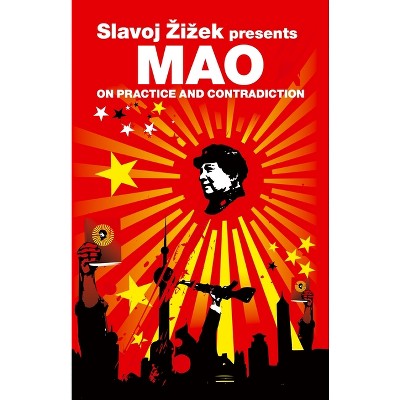
$15.98
MSRP $24.95
Buy 1, get 1 50% off select books
5 out of 5 stars with 1 ratings
